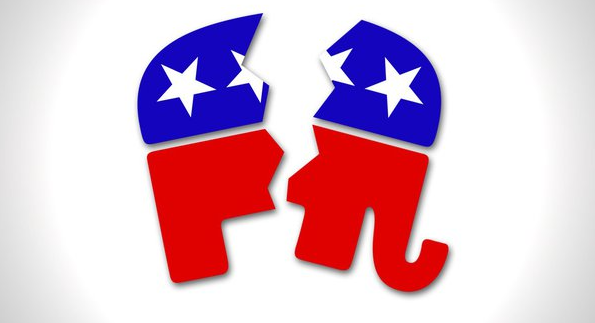Throughout history, the Republican Party has generally been unsupportive of unionization. A significant portion of its members perceive unions as detrimental to business interests and argue that the free market should be the primary determinant of wages and benefits. Starting from the time of Ronald Reagan’s presidency, the GOP has strongly advocated for “right-to-work” laws. Even notable conservatives like former President Donald Trump, who has a background in business, have not consistently endorsed unionized labor.
Nonetheless, a shift in this stance has become apparent. When the United Automobile Workers (UAW) initiated strikes, the former president perceived it as an opportunity to connect with voters who may not have backed him in previous elections. Trump used this moment to address auto workers in Michigan during the second GOP debate. However, it’s worth noting that not all of the conservative candidates in the presidential primary field shared the same pro-union stance as the 45th President of the United States.
On September 27th, Trump conducted an event at Drake Enterprises, an automotive parts supplier located in Clinton Township, just outside of Detroit. It’s worth noting that this particular plant is not unionized. Nevertheless, the former president addressed the UAW members who may have been observing his speech from other locations.
During his speech, Trump encouraged union workers to persuade UAW President Shawn Fain to officially endorse him. He spoke positively of Fain, referring to him as a good man, but emphasized the importance of his endorsement by stating, “he’s got to endorse Trump.” Furthermore, Trump assured them, saying, “Just get your union guys, your leaders, to endorse me and I will take care of the rest.”
The former president conveyed to the workers that they are the backbone of America, having both contributed to its construction and currently being the driving force behind the nation’s operations.
He emphasized that he had taken significant risks to champion the cause of the working class against the elites. He underscored his presence at the event, stating that he stood before them because of his unwavering support for economic nationalism.
While Trump aimed to win the support of union workers and made commitments to protect their industry from the impact of electric cars, the candidates participating in the debate didn’t share the same enthusiasm for appealing to labor unions.
Senator Tim Scott (R-SC) took a critical stance towards the striking workers. He had previously praised President Reagan’s firm handling of strikes, such as the firing of air traffic controllers in 1981 during a similar protest. During the debate, the GOP candidate acknowledged that he wouldn’t have the authority to terminate private-sector employees as president, but he firmly stated that their demands for shorter work weeks and higher wages were something he couldn’t support.
Although it’s unlikely that any of the candidates, including Trump, will secure the official endorsement of the UAW, they have the potential to persuade individual union members to cast their votes in their favor.













